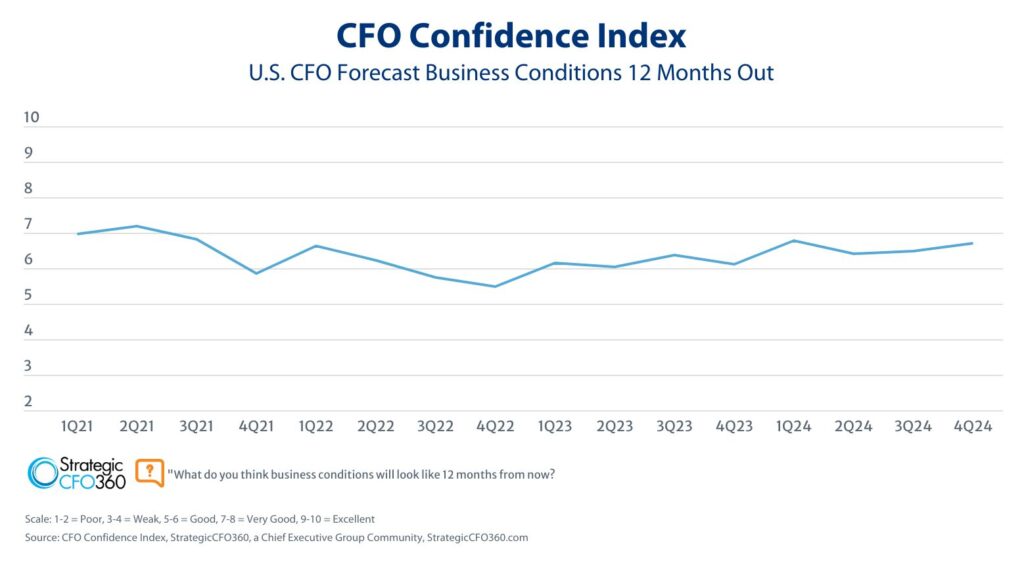There’s an overlooked yet profoundly impactful practice that distinguishes exceptional leaders from the rest. It’s their commitment to double–checking — a simple yet potent habit that permeates a leader’s approach to their work.
The most effective leaders are distinguished by their meticulous attention to detail. Take Bog Iger, the CEO of Disney, who is known for his fastidious habit of double-checking all of the company’s projects and initiatives to make sure they align with Disney’s brand identity and strategic objectives. Or Sheryl Sandberg, the former COO of Facebook, who double–checked key metrics, user data and advertising strategies to ensure accuracy and effectiveness to uphold Facebook as a leading social media platform. Where would these companies be today if it weren’t for their painstaking commitment to making sure nothing passes by them without a first and second quality check?
We will never know the answer to this question, but one thing is certain: double–checking has been their secret weapon. It empowers leaders to navigate challenges with precision and achieve remarkable results. Whether it involves reviewing their own work or verifying information provided by others, the habit of double–checking is a powerful tool that leads to enhanced performance, increased productivity, and stronger relationships.
I’ve adopted the same approach within my own career because I believe the art of double–checking is such a powerful and transformative practice.
Cultivating a Culture of Excellence: The Foundation of Double-Checking
At the heart of the double–check lies the cultivation of a culture of excellence. Effective leaders understand the value of instilling a mindset that prioritizes accuracy and precision. By leading by example and demonstrating a commitment to accuracy in their own work, leaders inspire their teams to adopt the same approach. They set high standards and expectations, creating an environment where double–checking becomes an integral part of the workflow. Through this practice, leaders not only achieve exceptional results but also nurture a culture where attention to detail and quality is deeply embedded.
This instills a sense of accountability and ownership within their teams. By setting the expectation that each team member should review their work and take responsibility for its quality, leaders promote a culture of accountability. This mindset encourages individuals to take ownership of their tasks, ensuring that they deliver their best work and that it aligns with the team’s objectives. The result is a team that is highly engaged, committed, and invested in achieving exceptional results.
Building Trust and Credibility: The Benefits of Double–Checking
One of the most significant benefits of the double–check is the establishment and maintenance of trust and credibility. Mistakes have the potential to erode trust and damage reputations. Effective leaders recognize this and utilize the power of double–checking to bolster trust and reliability.
By consistently delivering error-free results, they demonstrate their commitment to excellence and build trust with colleagues, stakeholders, and customers. Trust forms the bedrock of strong relationships and successful collaborations, and the habit of double–checking plays a vital role in fostering and maintaining trust. When team members know that their work will be reviewed and verified, it also promotes a sense of confidence and reassurance, leading to enhanced teamwork and better outcomes.
Enhancing Performance and Quality: The Role of Double–Checking
Double–checking plays a critical role in enhancing performance and ensuring high-quality deliverables. Through the practice of quality control, leaders enhance accuracy and minimize errors. By making double–checking an integral part of the workflow, they meet and exceed customer expectations by consistently delivering flawless results. This commitment to excellence not only boosts customer satisfaction but also strengthens the organization’s reputation for reliability and professionalism.
Mitigating Risks and Avoiding Costly Mistakes: The Impact of Double–Checking
Beyond quality assurance, double–checking is instrumental in mitigating risks and avoiding costly mistakes. Leaders who embrace this practice are adept at identifying potential pitfalls that might have been overlooked during the initial stages of a project. By thoroughly examining details and verifying critical information, they minimize the chances of errors that can have a detrimental impact on the bottom line. This proactive approach to risk mitigation leads to improved project outcomes and overall organizational success.
Double–checking plays a vital role in expediting decision-making processes as well. When leaders encourage team members to review and validate their work before seeking approvals or making decisions, it minimizes the need for rework or revisions down the line. The thoroughness of the double–checking process ensures that decisions are based on accurate and reliable information, reducing the risk of errors or misjudgments.
Effective Communication and Collaboration: Strengthening Relationships
Collaboration is at the heart of successful teams and organizations. Double–checking goes beyond individual tasks; it also strengthens communication and collaboration within teams. By verifying information and actively listening, leaders ensure accurate understanding and prevent misinterpretations. This fosters stronger relationships with colleagues, clients, and stakeholders. When team members feel heard and understood, collaboration becomes more fruitful and productive. Double–checking helps clarify expectations, align objectives, and prevent misunderstandings, leading to improved teamwork and synergy. Ensuring that everyone on the team is aligned and working towards a common goal helps leaders leverage their collective strengths and expertise.
The habit of double–checking is a cornerstone of exceptional leadership. As leaders seek to elevate their capabilities, embracing the power of double–checking is a fundamental step toward becoming truly effective leaders in today’s dynamic and demanding business landscape.







